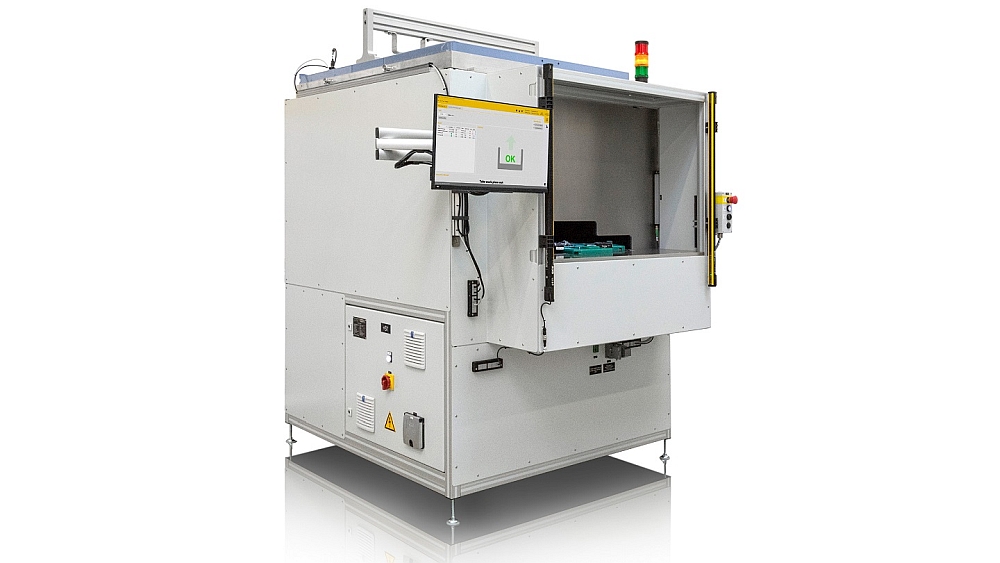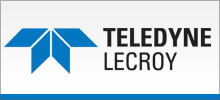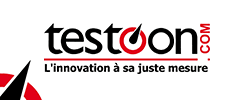- Löhnert Elektronik integrates the R&S QAR millimetre-wave imaging system from Rohde & Schwarz into its test benches for end-of-line testing of automotive radomes.
- Its test benches can test the entire surface of radomes covering automotive radar sensors.
- The reflection and transmission test on radomes is carried out at speeds of less than ten seconds.
Automotive radomes are protective covers for vehicle radar sensors. They must have good and uniform transmission characteristics over their entire surface for radar signals in the 77 GHz and 79 GHz bands (E band). Otherwise, angle errors and distortions can occur and the maximum detection distance can be reduced.
Conventional test solutions for production lines are based on measuring only a few points using a radar reference sensor and with reflectors attached to the cover. It is not possible to measure the uniformity of the entire surface with this approach.
The R&S QAR quality automotive radome tester tests the entire radome. It is based on distributed planar arrays of transmit and receive antennas operating in the E band. The system performs spatially resolved reflection measurements, allowing reliable evaluation of radome performance within seconds. The user can see at a glance whether the material has any defects. The millimeterwave images reproducibly show how much of the radar signal is reflected by the radome and how much is transmitted unhindered through the radome (transmissivity). The system reveals even the smallest inhomogeneity in the material.
Löhnert Elektronik has already launched the first test bench with the automotive radome tester. The rotary indexing machine contains different type-specific holders for the objects under test (component nests) and two test stations for transmission and reflection reference measurements. The machine is driven by the Löhnert instant scripting RunTime (LisRT V3) software together with a Siemens SPC controller. The radomes can be placed in the test holders either manually or by a robot. The system identifies them by a barcode or a data matrix code (DMC).
Normalization of the test equipment (self-adjustment to changed operating conditions) is possible directly on the line without losing much time. This is done using the test stations with their test plates. The measurement accuracy and function can also be verified directly on the line without reconfiguration. The test bench can be adapted to new radomes and specifications. Löhnert Elektronik simply exchanges the component nests and modifies the evaluation masks in the software. These end-of-line test benches are now available for automotive radomes up to around 200 mm in diameter.






